Over the past few years at VTS, we have been engaging in reflective practice around issues of race, class, gender, and ability in order to increase awareness of and respond to the inequities that exist in the arts and education. You may have noticed some changes in our trainings and our resources, such as our revised image sets, that reflect the internal work that our staff has been doing.
When addressing issues of inequity, Dr. Steven Jones, an author and diversity and inclusion expert that Kabir Singh also cites in his essay, describes a process of moving from unconscious incompetence to conscious incompetence and then, hopefully, to a place of conscious competence. Although our work takes us all over the world, we are primarily situated in schools and museums in the United States and it became increasingly clear to us that unless we actively sought to increase our awareness of inequity and skill in helping disrupt hegemony, we would continue to reproduce institutional white supremacy.
We understand that self-awareness of identity and positionality is crucial to our efficacy as educators. As a Korean-American, I am a Person of Color (POC). I also acknowledge that not all POC experiences are the same and that Black, Brown and Indigenous communities in this country have historically experienced—and continue to experience—grave forms of oppression. I have benefitted from white supremacy culture and I continue to critically examine how I show up in my work and life.
Through readings, workshops, collaborations, regular discussions, and reexamination of our work, our staff continues toward its goal of developing conscious competency. In the spirit of hooks, Housen, and Vygotsky, we do this work together as peers, in community. The work is ongoing, at times messy, and completely necessary.
Soon after Kabir Singh was hired at VTS, I asked him to co-lead a POC-only Beginner Practicum with me. In hearing Kabir’s reflections during and after the workshop of the advantages of intentional POC spaces, we thought it was important that he share about his experiences on this platform. This edition then crystalized after Madison Brookshire and I read Kai Monet’s article in Viewfinder. We wanted to provide a platform where we could hear more of her thoughts on her experiences as an anti-oppression educator in applying the VTS method.
We are thrilled to share these essays by Kabir Singh and Kai Monet, whom we have known and worked with as colleagues for many years, as we continue the slow and deliberate process of building awareness and addressing issues of equity and inclusion in our work.
I am so grateful for this VTS community to learn with and from. Thank you.
Deep appreciation to Madison Brookshire for sensitively and thoughtfully facilitating the editorial process for this issue.
—Yoon Kang-O’Higgins, VTS Program Director and co-editor for this edition
Questions or comments? Contact us.
